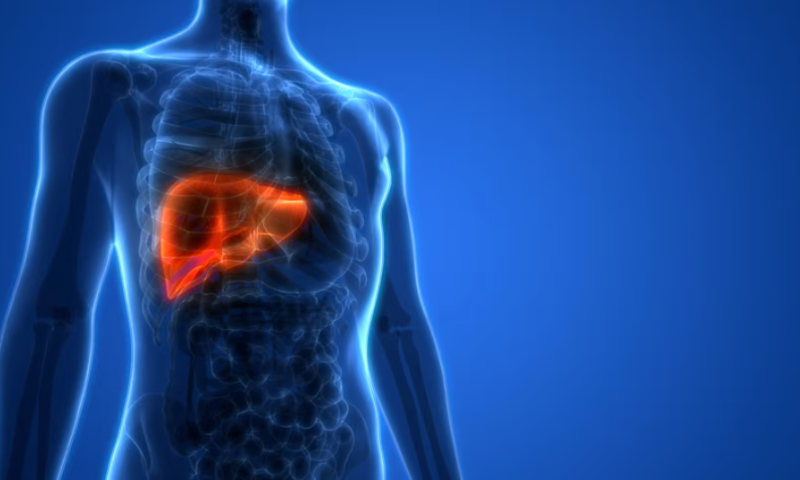Akero Therapeutics has delivered the strongest evidence yet that its nonalcoholic steatohepatitis (NASH) candidate can improve liver fibrosis. After impressing investors with liver scarring data in phase 2a, the biotech has followed up with a primary endpoint hit against fibrosis in a larger midphase study.
The revelation in 2020 that fibrosis improved by at least one stage, without worsening of a disease activity score, in 48% of efruxifermin recipients established the FGF21 stimulant as a potential force in the NASH space. Akero followed up the phase 2a analysis, which was based on 40 treatment responders who had end-of-treatment biopsies, by kicking off a larger, longer phase 2b clinical trial in pre-cirrhotic NASH patients at fibrosis stage 2 or 3.
After 24 weeks, around 40% of recipients of efruxifermin experienced a one stage or more improvement in fibrosis without worsening of NASH, compared to 20% of their counterparts in the control arm. The proportion of patients meeting the endpoint was 41% for the high dose and 39% for the low dose.
The improvement over placebo was enough for the study to hit its primary endpoint with a p-value of less than 0.05. Akero presented the primary endpoint success alongside secondary endpoint results. The two efruxifermin doses beat placebo in terms of the proportion of patients who had resolution of NASH without worsening of fibrosis and who had NASH resolution with improved fibrosis.
“We believe today’s results from the Harmony study are an important milestone not only for Akero but for the entire NASH community,” Akero CEO Andrew Cheng, M.D., Ph.D., said in a statement. “We believe the data are very compelling and show EFX’s potential to meet the critical, global unmet need for patients by intervening across stages of disease progression, potentially addressing both early-stage metabolic drivers and later-stage inflammation and fibrosis.”
Akero’s statement lacks some potentially important details, such as the proportion of patients who had a two-stage or greater improvement in NASH, but the top-line release provides validation of the potential for efruxifermin to address liver scarring. Multiple other active and now-obsolete NASH prospects, such as Novo Nordisk’s Ozempic, have failed to improve fibrosis by more than placebo.
Other candidates have been undone or held up by safety concerns. Akero is yet to share a full breakdown of the safety data from its phase 2b but presented an upbeat overview, reporting one drug-related serious adverse event of esophagitis in an efruxifermin recipient with a history of gastroesophageal reflux and a total of five discontinuations related to the study drug.
Akero ran the HARMONY trial in parallel to another phase 2b clinical trial, SYMMETRY, that is enrolling patients with compensated cirrhosis. Results from the SYMMETRY study are due in the second half of next year.

